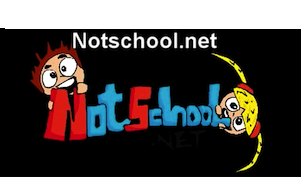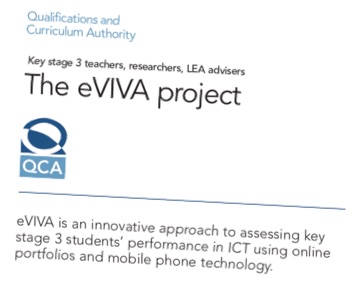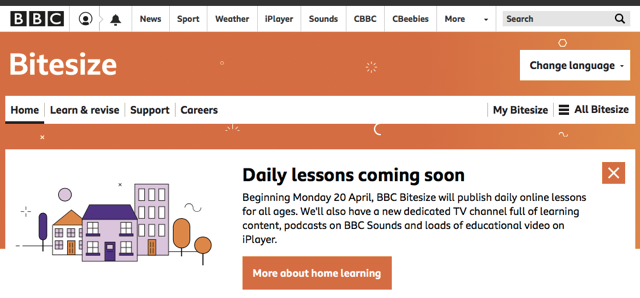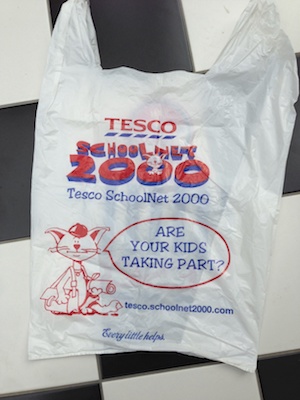The reflections of things we have found to be effective in online learning have been built on over 30 years of effective, large scale projects with remarkable levels of engagement. b
Below are some links back to some of that history, to reports and ther materials, for those who want to delve deeper, perhaps for their research.
 |
Notschool.net "Our research has developed a clear, scalable, affordable and economically viable model which works. The "complex recipe" of Notschool.net is critical to this success." - report to DfES 2001 |
 |
Talking Heads |
 |
The eVIVA project Today the underpinning technology is normal and simple. Back then it was remarkable and complex! |
 |
Be Very Afraid The website is full of great examples - and should help with ideas for how to go beyond online lessons. Four examples from many are: Castle Manor School where the children create their own weekly broadcast as an online "assembly" watched by all; Lampton Secondary School's "day in the life" look at multiculturalism through expereinces away from school; Matching Green Primary with their online task being to restart a "broken" space station with knowledeg that they acquire; the University for the Creative Arts with an project that is aboiut equity and quaity as individual students create remarkable pieces of work, |
 |
Beachschool.org "Fantastic outdoor educational fun on our doorstep! Brilliant morning, finding sea creatures, making beach volcanos, learning about hot and cold water reactions along with so much more and not forgetting toasting marshmallows!" |
 |
Resources: Content from these many, many providers is ubiquitous, needs curation of course, but is typically generously funded as part of an organisations outreach remit. Use it where appropriate - quality is often very high. |
 |
Learnometers However, with millions of hours of data from learning spaces, the project also has advice to offer about home working / home learning conditions for everyone (and also in Spanish) |
 |
Tesco SchoolNet 2000 (TSN2K) The project ran across communities - a little computer lab in every Tesco supermarket nationwide - and ran across all ages. The branding of Browser the Cat was on every carrier bag and many of the lorries. As with all these projects it was made by many complex details (the letters of introduction to the celebrities for example, together with the child safety structures around that activity). link and details coming soon |
 |
Learning in the New Millennium It ran from 1993 (the world wide web code was only released in April of that year!) until 2,000. Papers and conclusions all worth a read - way ahead of it's time. So much of what followed owed its detail to LiNM. Find reports from this link. |